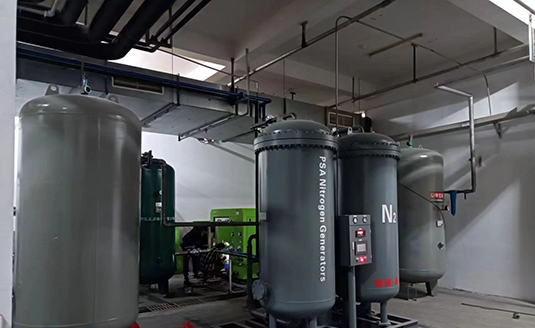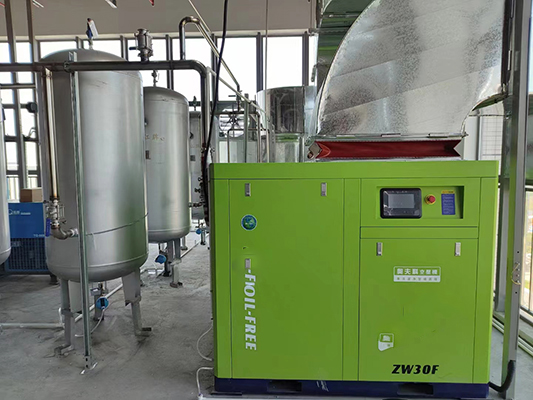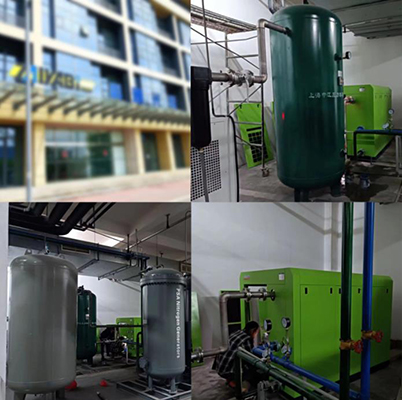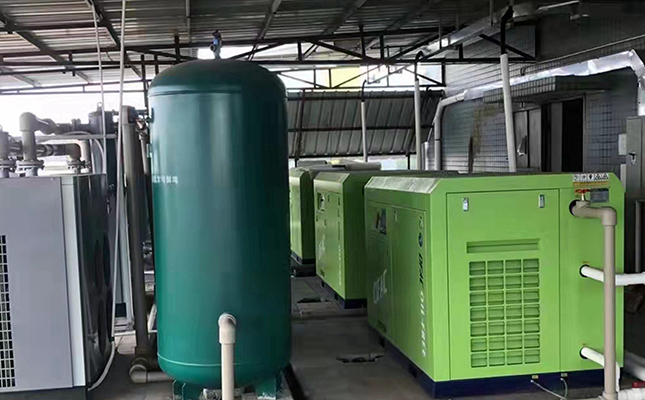normal pressure air compressor troubleshooting common issues like air leakage and overheating
News 2025-10-24
Normal pressure air compressors play a crucial role in industrial settings, delivering reliable compressed air for applications such as manufacturing assembly lines, automotive workshops, and construction sites. Their key performance advantages include high efficiency in energy use and the ability to maintain consistent pressure, which supports seamless operations and reduces waste. In industrial processes, these compressors are essential for tasks like powering tools and controlling machinery, ensuring productivity and safety. However, common issues such as air leakage and overheating can compromise their effectiveness, leading to increased costs and downtime. Addressing these problems promptly is vital to sustaining the compressor’s importance in maintaining continuous workflows and operational reliability.

Identifying and Resolving Air Leakage
Air leakage frequently occurs in normal pressure air compressors due to factors like degraded seals, loose connections, or worn-out components, which can significantly reduce system efficiency and elevate energy consumption in industrial environments. For instance, in a busy factory setting, undetected leaks might cause pressure drops that affect tool performance and overall productivity. To diagnose leaks, operators can employ methods such as applying soapy water to suspect areas or using advanced ultrasonic detectors. Once identified, solutions involve tightening fittings, replacing faulty parts, or applying sealants, thereby restoring optimal performance and preventing further energy losses, which is critical for cost-effective operations.
Tackling Overheating Challenges
Overheating represents a serious concern for normal pressure air compressors, often stemming from poor ventilation, clogged filters, or prolonged operation without adequate cooling, potentially leading to component failure and safety hazards. In scenarios like continuous-use applications in metalworking or food processing plants, excessive heat can interrupt production and necessitate expensive repairs. Effective strategies include ensuring unobstructed airflow around the unit, regularly cleaning or replacing air filters, and installing temperature monitoring systems. By implementing these targeted interventions, users can enhance the compressor’s durability and reliability, supporting its vital role in sustaining high-performance industrial processes without unexpected interruptions.
Implementing Preventive Maintenance Practices
Proactive maintenance is essential for mitigating air leakage and overheating in normal pressure air compressors, involving regular inspections, lubricant checks, and component replacements to forestall potential issues. In industrial contexts, such as mining or textile manufacturing, where compressors operate under demanding conditions, this approach helps maximize performance advantages like extended service life and reduced operational costs. Technicians should establish routines that include monitoring pressure levels and conducting thorough system audits, which not only address emerging problems early but also bolster the compressor’s contribution to efficient and safe industrial workflows, ultimately promoting long-term reliability and productivity.


